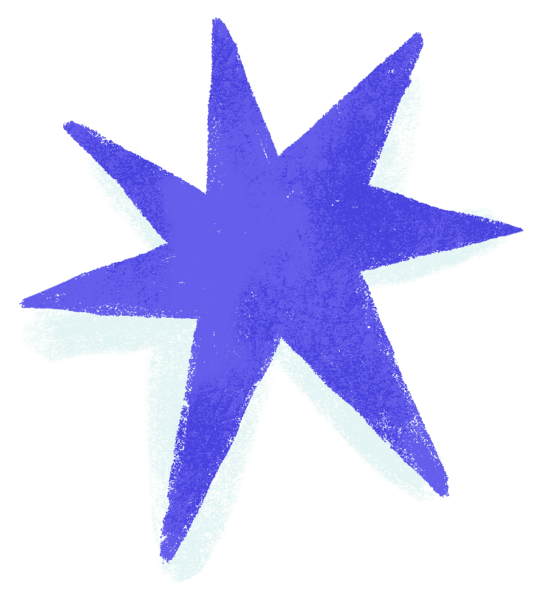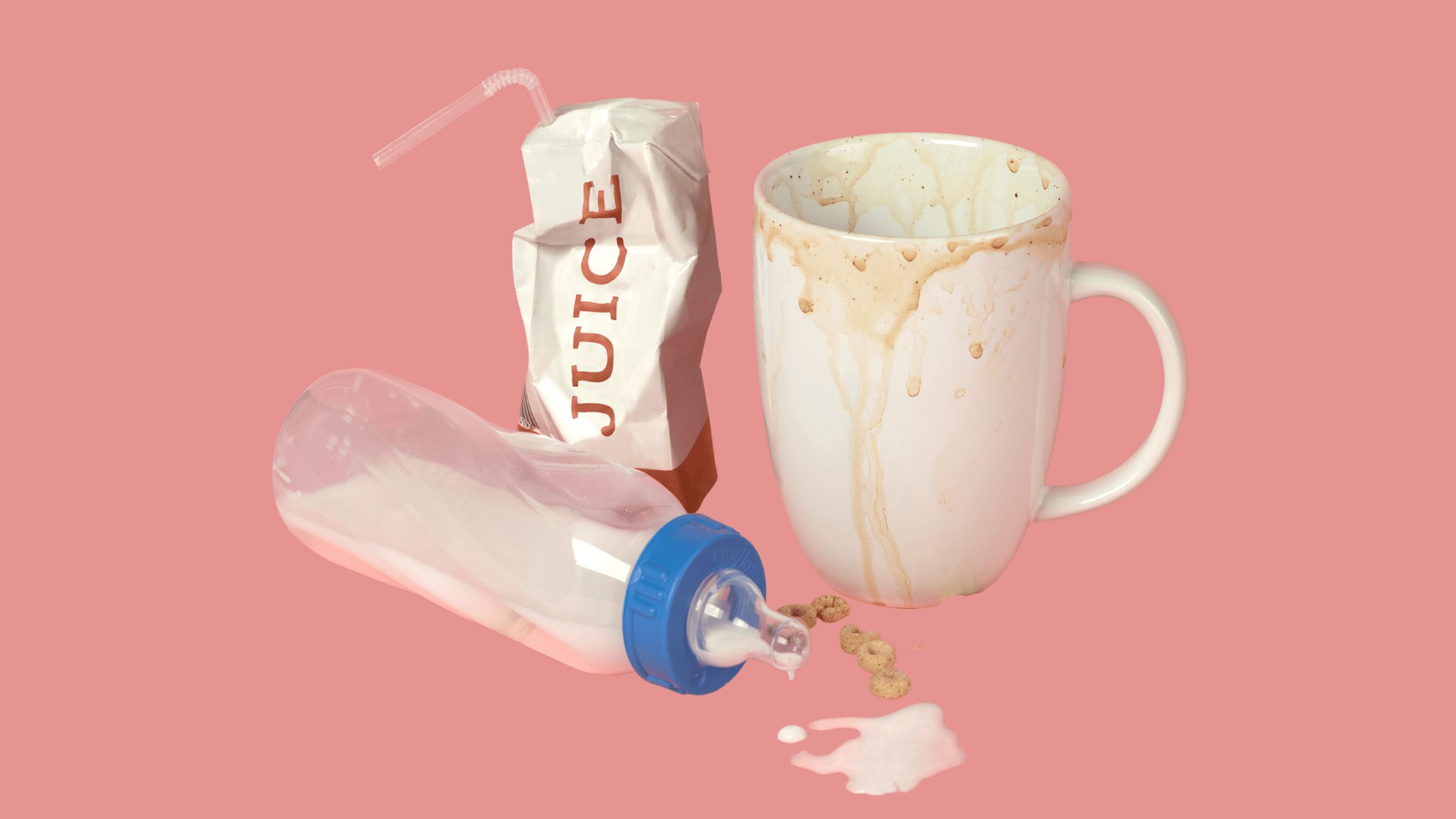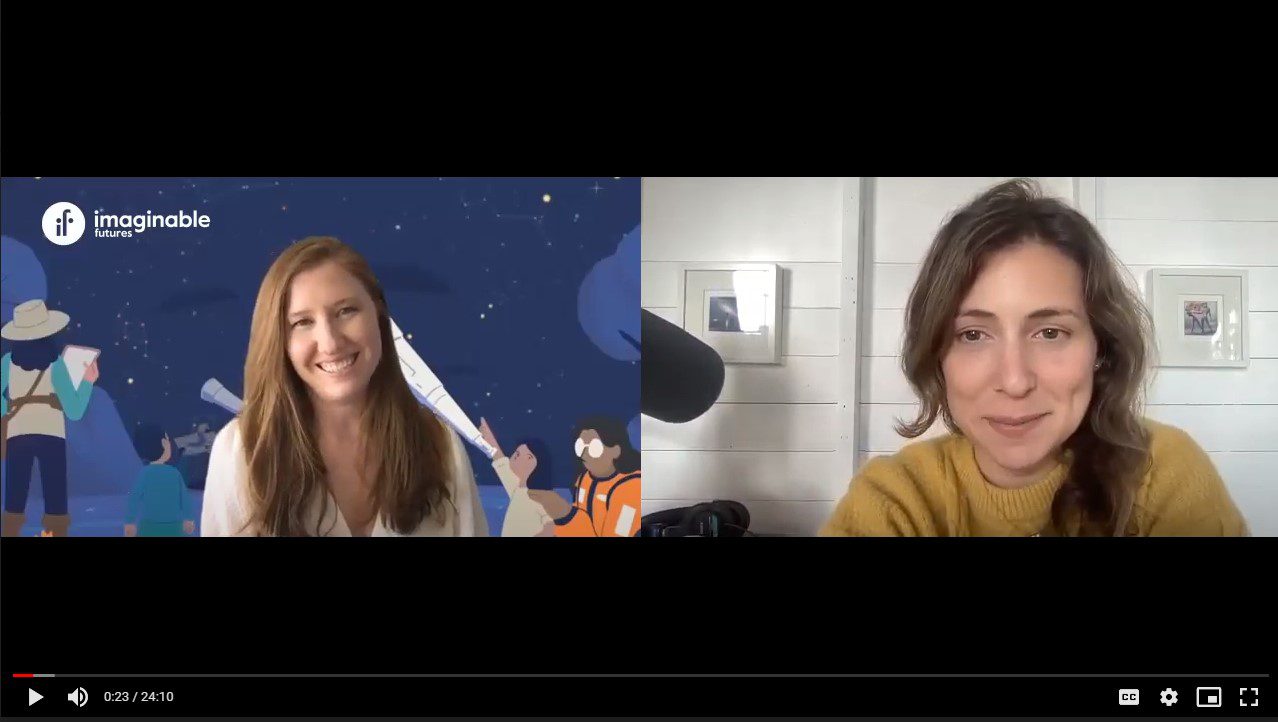United States 
A Podcast that Tells Caregivers: You are Not Alone
A Q&A with Stephanie Wittels Wachs, co-founder of Lemonada Media and executive producer of "No One Is Coming to Save Us"

United States 
A Q&A with Stephanie Wittels Wachs, co-founder of Lemonada Media and executive producer of "No One Is Coming to Save Us"

The current state of child care in the United States has been described as market failure or the most broken business in America. Before the pandemic, child care was unaffordable for most families, costing more than rent or college tuition, while child care workers, who are disproportionately women of color, made poverty-level wages.
In the absence of a robust public investment in child care infrastructure, families have had to navigate a patchwork of care options on their own, with their struggles unfolding in private. The flood of decades of previously isolated stories prompted by the pandemic’s impact on the child care sector underscored a powerful realization for many parents and caregivers: We are not alone.
Ashley Beckner of Imaginable Futures sat down with Stephanie Wittels Wachs, Chief Creative Officer and Co-Founder of Lemonada Media (Lemonada) to discuss No One is Coming to Save Us, a podcast about child care in the United States.
By blending data-driven research and personal storytelling over the course of multiple episodes, podcasts have the ability to bridge the gap between personal experience and systemic issues, digging deeper into the issues that shape our lives and impact our communities. That is why Imaginable Futures is proud to support season two of No One is Coming to Save Us. (This conversation has been edited for length and clarity.)

Ashley Beckner, Imaginable Futures (AB): We are really excited to be supporting season two of No One is Coming to Save Us. What sparked Lemonada’s interest in launching the first season?
Stephanie Wittels Wachs (SWW): Suffering, truly. At the time when COVID happened, I had an 18-month old and a five-year old, and I was working full-time, and my husband was working full time. I remember thinking, “Two weeks, we can’t not go to school for two weeks. What are we going to do?” And then that kept turning into longer and longer and longer. I’m sitting at home, reading [The New York Times series] “The Primal Scream,” and hearing all these stories and not really knowing how any of this would be sustainable.
Around the same time, Neighborhood Villages, an early care and education advocacy organization, reached out to us and asked, “Hey. We want to do a podcast like Last Day for child care. Can you help us with this?” We were all in. Lemonada likes to talk about things that feel really hard and that feel like there are no solutions. We just don’t accept that around here – we always want to find solutions. Sometimes the solution is just knowing that you’re not alone. And sometimes it’s like, call your representatives. That’s why we did the show. The audience was incredibly engaged because we’re all having this shared experience. It was a perfect time to do it.
AB: What did you learn about America’s child care system from season one? What was your biggest learning?
SWW: It’s honestly hard to pick out one. Doing the show really hammered home that we are truly an outlier – a country that has no systematized universal child care, parental leave, or assistance for working parents is an anomaly. It’s disheartening to see, but also sort of uplifting in a way because you realize that the onus is not squarely on you. This is a systems problem, not a personal problem. Another is the idea that universal and affordable child care can be done on a local level. We don’t have to wait for the federal government to decide to prioritize children and families. That was really empowering. I think that’s what brought so many parents to the podcast and why they want more.
AB: Why did you think it was important to continue this conversation?
SWW: We’re still in it, right? Gloria Riviera, the host, said this so beautifully in season one: COVID brought us to our knees. We saw the cracks that had been there were now like canyons and we can’t go back. We can no longer accept the broken system. We need a new system. We need to be creating a child care system in America that functions more like K-12 education, where there’s federal funding and where there’s support and structure.
We cannot just say to parents of children ages zero to five: “You’re on your own; we’ll see you in kindergarten.” It’s deranged! Ages zero to three are critical to set children up for success later in life. We’ve decided there’s too much to grapple with, so we’re not going to just do four episodes in season two. We’re going to do 45 episodes and it’s going to be weekly, which we’re excited about.
AB: Given your background and work in podcasting, how do you think about podcasts as a tool to help support this narrative and create change?
SWW: We made Last Day because I had a personal journey. I wanted to know what I could have done differently as the sister, the best friend, the family member of somebody struggling with opioid use disorder. My brother died in 2015 of an overdose. We did all the things that I knew to do, and it was not enough.
To this day, we get emails, phone calls and direct messages from people saying: “Your show saved my life. Your show saved my person’s life.” I had a conversation just a week ago with a woman who is dealing with it with her husband, and she said, “I needed a manual and the show gave me the manual.” That’s an incredibly empowering thing that audio can do. It’s like reading a textbook, but a really entertaining one, and you can put it in your ear. You’re learning and you’re feeling community with the host. You’re feeling like this person has lived my experience. It’s a really intimate art form. You can allow yourself to be vulnerable in a way that a lot of other mediums don’t allow you to be.
Doing the show really hammered home that we are truly an outlier – a country that has no systematized universal child care, parental leave, or assistance for working parents is an anomaly. It’s disheartening to see, but also sort of uplifting in a way because you realize that the onus is not squarely on you. This is a systems problem, not a personal problem.
Stephanie Wittels Wachs, co-founder of Lemonada and executive producer of “No One Is Coming to Save Us”
AB: What can the audience expect to hear week by week in season two?
SWW: We keep saying this is going to be like In the Bubble but for child care. In the Bubble is our COVID-19 show hosted by Andy Slavitt. It’s a news-driven podcast, so when something comes up in the news, they can pivot their plans to cover it. I think you’d be hard-pressed to find a week where there’s not something child care-related or adjacent happening in the news.
There’s so much we want to talk about. We will be addressing parental leave, working parents, the status of Build Back Better and universal child care initiatives, and how to vote for child care candidates. We are really curious about how to do child care on a municipal level. There are offices of early childhood popping up in a few cities, including Boston, Denver, Seattle, and Detroit, so we want to meet with city leaders and ask: “How are you doing this?”
We are going to be doing a lot more in terms of hearing from listeners this season, where people are calling in and sharing their own experience. Whether you’re hiding in your closet, or you’re hiding in the bathtub, or in your minivan. Or you’re making dinner and it’s chaos, and you call in and the kids are screaming and everything is madness, we want to hear from you too. Establishing community is going to be really critical with this show.
AB: I love it. Can’t wait to listen. Can’t wait to be a part of the community.
SWW: I wanted to end the conversation by asking you a question, Ashley. I’m curious to know, in year three of the pandemic with the uncertainty surrounding Build Back Better, what is one thing that you wish for all parents? What do you want working parents, student parents, and educators to hear, know, and take away from listening to the show?
AB: I think it comes back to what you shared earlier about the reason that you started Last Day. Just knowing that you’re not alone; you are doing your best; and the systems that we have in place today were not designed to support you. They weren’t designed for you to succeed in managing and juggling all the things that you’re trying to manage. I hope—and know— that No One is Coming to Save Us can be just one small part in that fight for a better system.
SWW: I love that. We’re in it together. Let’s do it.
I hope—and know— that No One is Coming to Save Us can be just one small part in that fight for a better system.
Ashley Beckner, Venture Partner, Imaginable Futures
Season two of No One is Coming to Save Us premieres on March 24, 2022. Listen to season one now on Apple Podcasts, Spotify, Stitcher, or wherever you listen to your favorite podcasts.